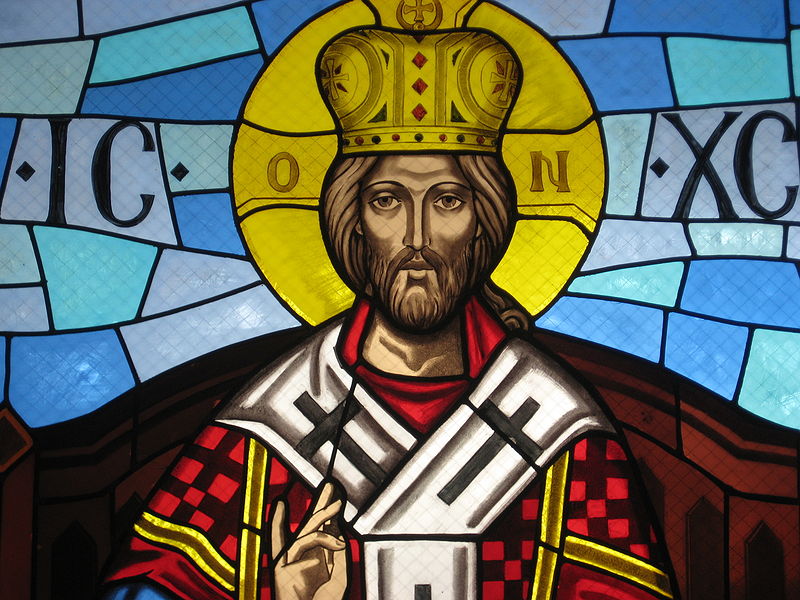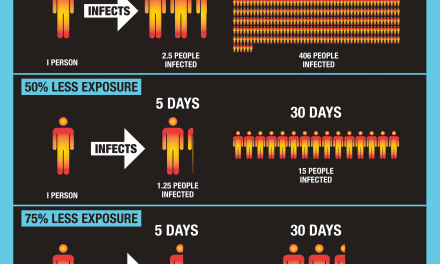EZ 34:11-12, 15-17
PS 23:1-2, 2-3, 5-6
1 COR 15:20-26, 28
MT 25:31-46
The image of Jesus as Good Shepherd (John 10) is an image that resonates down through the centuries. Jesus calls us by name, leads us forward, cares for us, just as the Good Shepherd does in the parable. Many of my friends are part of small focused Catholic communities that arose in the twentieth century. These communities – like Communio di Sant’Egidio, as well as Il Catechismo Del Buon Pastore (Catechesis of the Good Shepherd) focus specifically on the image of the Good Shepherd. Psalm 23, which my grandmother kept on her bathroom mirror so that she’d read it every morning, features related themes of God who guides us and leads us. The Good Shepherd is a good word for us.
Yet, on this Feast of Christ the King, we hear something a bit different, a sharp note of tension. Our first reading begins the same kind of theme that we find in the Good Shepherd: “I myself will be the shepherd of my sheep.” I will tend them. I will seek the lost; I will heal the sick; I will tend to all. Ezekiel concludes, however, with an admonishment that sheep and goats will be judged. Clearly, we hope to be sheep.
The theme of goats and sheep shows up strongly in Matthew’s Gospel. God is our Shepherd, Jesus proclaims. Yet at the same time, the goats will be separated from the sheep just as Ezekiel prophesies.
In the Gospel, the difference between the goats and the sheep is a difference in way of life. The sheep are the ones who cared for the sick, the hungry, those in prison, and so forth. The goats did the opposite – they did not care for the ones in front of them.
What strikes me especially about the gospel is that neither the sheep nor the goats know that they are sheep and goats. They both protest, “Lord, when did we….?” Not even the good people know they’re good – which is perhaps the opposite of what we expect. Don’t good people know they are good?
As a moral theologian, the passage therefore reminds me of two points. The first is to remember: no, we don’t know ourselves as well as we think we do. In fact, we may be absolutely completely off – in either direction. While it’s been said before, it’s worth saying again: ours is a culture that loves and values individual freedom. Yet if our goal is God’s Kingdom, we’d do well to remember that we are not in this world alone and that we aren’t the best knowers even of our own selves. Humility might therefore make us want to seek out others’ criticism – however hard it is to hear – because that might help us to act in more sheep like ways.
The second point is related to the first. Part of the reason why I think it is so darned hard to know ourselves well, and to see whether or not we’re doing sheeplike tasks, is that so much of human life is about living on autopilot. We are habitual creatures. (Actually, so are sheep.) We like doing the same things, and doing the same things day after day helps us navigate our lives more easily. Imagine what would happen if each day when we woke up, we had to figure out, as if for the first time, how to do the things we did yesterday and the day before – like getting out of bed, or using the toilet, or eating breakfast? We’d never be able to get out the door to do other things! (Some people do in fact have to use their mental energy in this way, each day – and we know how difficult that can make life.)
The downside of habits, however, is that they can constrict our vision and make us believe the way we are going is the right path – or that the things we’re doing are the right ones. And what if what we are doing is not right?
For that reason, one of my spiritual directors once advocated doing something wild and crazy each day, in part to mitigate the force of habits, however good. Indeed: I was asked to generate a habit of doing something wild and crazy! While on one hand that idea seems paradoxical, on the other hand, generating that habit creates a space for seeing things other than in our usual way. It creates just a bit of space for seeing other people, as well as ourselves, in a new way.
Just maybe, then, that new way enables us to do the sheeplike behaviors that Jesus clearly expects but that we ourselves may not know we’re doing!





